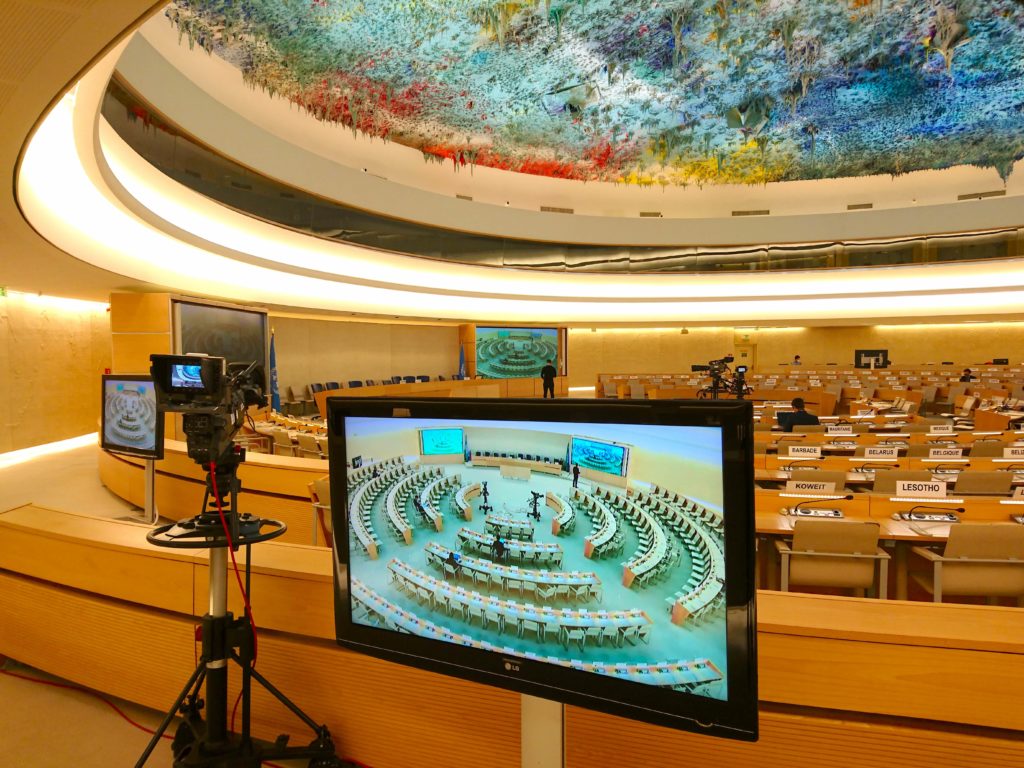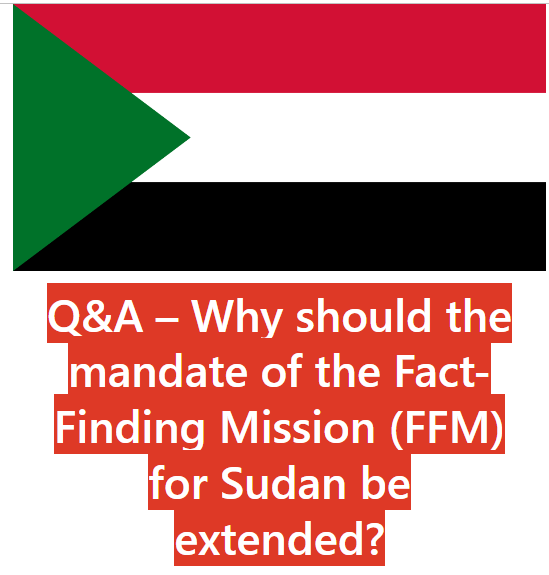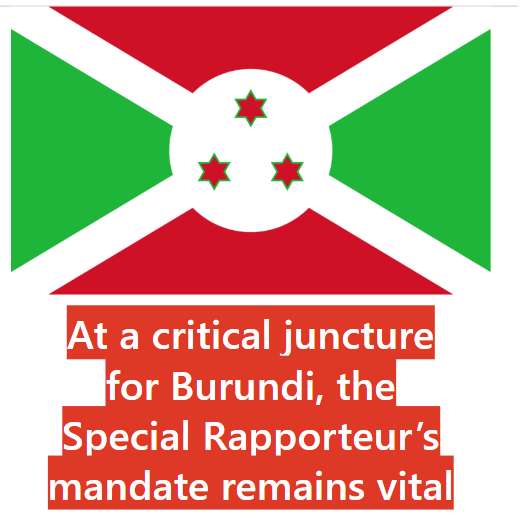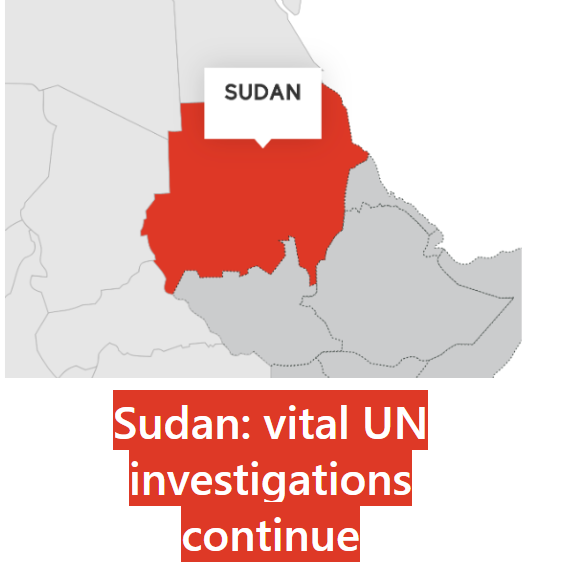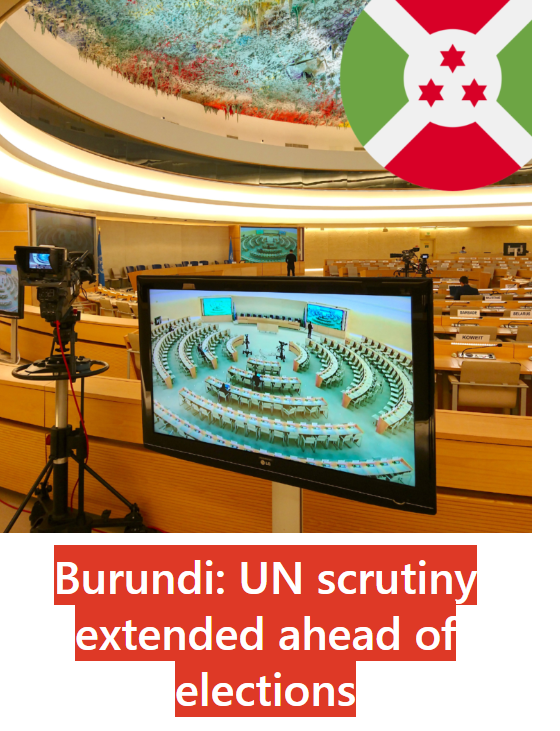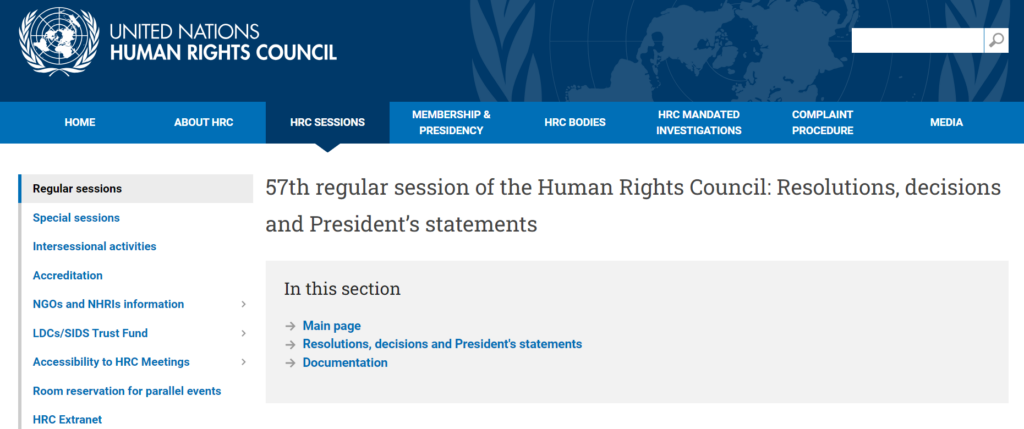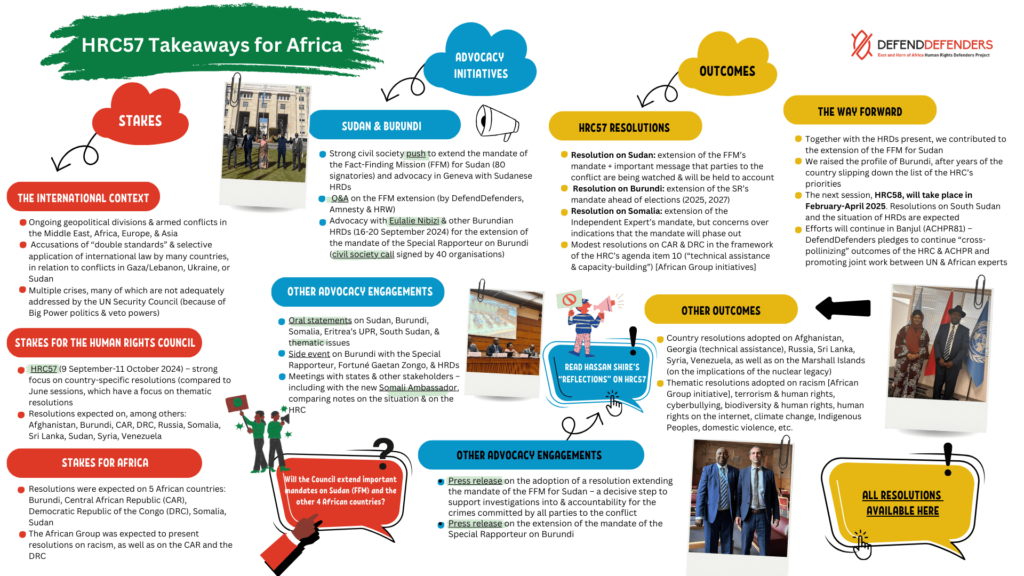The UN Human Rights Council’s (HRC) 57th session (HRC57, 9 September-11 October 2024) saw the adoption of close to 40 resolutions, with a strong focus on country situations compared to June sessions, like HRC56, which usually have a strong focus on thematic resolutions.
At HRC57, the Council adopted important resolutions addressing some of the world’s worst human rights crises, from Sudan to Afghanistan, Russia, Syria, and Venezuela. It also addressed serious human rights situations in Africa, with no fewer than five resolutions focusing on African countries: in addition to Sudan, resolutions on Burundi, the Central African Republic (CAR), the Democratic Republic of the Congo (DRC), and Somalia were adopted.
While some of these passed by consensus (without a vote), those that were put to a vote (Sudan and Burundi) confirmed the patterns highlighted in our last report, “Is the Tide Turning?,” namely increasing polarisation and a low level of support to Africa-focused resolutions from African and Asian states. This worries us as this shows politics is taking precedence over objective, human rights-based criteria, which should guide the Council’s response to all crises.
It is worth noting, however, that for the first time in years, two African states (Ghana and South Africa) voted “Yes” to a resolution on another African country (Sudan). Their principled position is praiseworthy, especially in a context in which selective application of international law and “double standards” are denounced.
Sudan: vital investigations extended
The establishment of a Fact-Finding Mission (FFM) for Sudan, in October 2023, was a massive win for civil society, which had pushed the Council to set up an independent mechanism to investigate violations committed by all parties to the Sudan conflict. It was also a ray of hope for the Sudanese people.
Ahead of the June 2024 session (HRC56), a large group of NGOs advocated for the extension of the FFM’s mandate.
At HRC57, we built on and pursued these efforts, reiterating NGO support for the FFM’s work. With Amnesty International and Human Rights Watch, DefendDefenders also released a Q&A document addressing all issues related to the FFM’s extension.
During the session, we supported a Sudanese human rights defender (HRD) and helped coordinate a large group of Sudanese HRDs who were in Geneva to support the FFM and advocate for its extension. We also delivered an oral statement during the interactive dialogue with the FFM, following the latter’s presentation of its first report to the HRC.
We welcome the Council’s adoption of a strong resolution that extends the mandate of the FFM for Sudan. The voting result (23 in favour, 12 against) shows the international community’s commitment to fighting impunity for the crimes committed by all parties to Sudan’s conflict. The positive vote by two African states sends a strong message that without accountability, the Sudan crisis will not be resolved.
Burundi: scrutiny maintained ahead of elections
Burundi has been on the HRC’s agenda since 2015, when a crisis was triggered by former President Nkurunziza’s announcement that he would run for a third term in office, in violation of the Constitution and the Arusha Peace Agreement. After the Commission of Inquiry (COI) completed its work, in 2021, it was replaced by a Special Rapporteur, whose mandate is the only international mechanism to independently monitor and report on the situation – and unresolved crisis – in Burundi.
It was essential to extend this mandate as Burundi enters two successive election periods (2025 and 2027). This is why ahead of HRC57, a group of civil society organisations led by DefendDefenders called for the extension of the Special Rapporteur’s mandate.
During the session, we coordinated advocacy by a large group of Burundian HRDs, including Eulalie Nibizi, Coordinator of the Burundian Human Rights Defenders Coalition (CBDDH), who delivered our oral statement. We also held a side event with Burundian HRDs and the Special Rapporteur, Mr. Fortuné Gaetan Zongo.
The Council did the right thing by extending his mandate. We welcome the adoption of a new resolution that enables the international community to keep a spotlight on Burundi’s human rights situation.
Somalia: important expert mandate renewed
As we repeatedly stressed at the HRC, including in oral statements (like this year’s), Somalia resolutions have been a model of a sensible use of the Council’s “technical assistance and capacity-building” mandate. Resolutions on Somalia provide advisory services and aim to build the capacity of the authorities to uphold their human rights obligations, while also ensuring scrutiny of the situation – which by any standard remains one of the most serious in Africa.
We welcome the adoption of a new resolution on Somalia, which extends the mandate of the Independent Expert on the country. We stress the need for continued scrutiny in the foreseeable future.
During HRC57, we also met with the new Somali Ambassador, comparing notes on the situation and on the HRC’s action with regard to Somalia. We welcome Somalia’s positive engagement with the Council and its mechanisms.
Oral statements and other engagements
With five weeks, HRC57 kept us busy. In addition to advocacy meetings and engagements with states, UN officials and independent experts, we delivered a total of eight oral statements (thread).
These addressed, in addition to Sudan, Burundi and Somalia, issues relating to civic space as well as a number of countries of concern (item 2); the most serious situations (item 4 general debate); intimidation and reprisals (with a focus on the case of our colleague Kadar Abdi Ibrahim in Djibouti); as well as South Sudan and Eritrea (for the adoption of the country’s UPR report).
We also touched base with OHCHR and special procedures regarding human rights developments in Uganda. As our host country approaches elections, it is important to both ensure monitoring of the situation and continue to build the capacity of Ugandan authorities to abide by their international and constitutional human rights obligations. It is also important to support civil society’s ability to operate and to interact with relevant human rights mechanisms at the national, regional, and international levels.
HRC58: focus on South Sudan
The Council’s 58th session (HRC58) will take place from the end of February to the beginning of April 2025. In addition to the traditional “High-Level Segment” (the initial week of every March sessions, dedicated to speeches by state dignitaries), we will have a focus on South Sudan. The country just postponed its general elections by two years (to December 2026), and we will advocate for the extension of the mandate of the existing UN mechanism, the Commission on Human Rights in South Sudan (CHRSS).
As always, our team will be there. Before that, we will engage in Banjul, where the African Commission on Human and Peoples’ Rights (ACHPR) will hold its 81st session (17 October-6 November 2024). We will continue to strive to cross-fertilise outcomes of, and promote joint work between, the UN and African human rights systems, building on work done at various levels, including recently in Kampala with special mechanisms and the Chairperson of the ACHPR.
Hassan Shire
Executive Director , DefendDefenders & Chairperson, AfricanDefenders
Oral Statements
Letters and Statements
Resolutions
- Sudan
- Burundi
- Somalia


